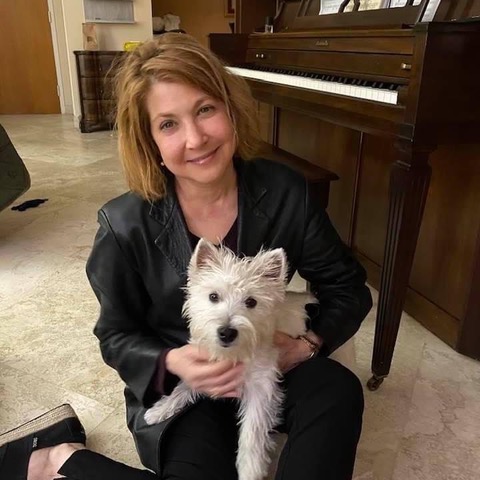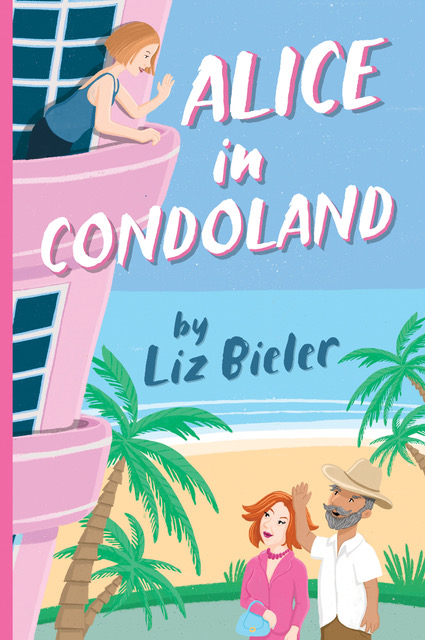This post contains affiliate links.
Creativity requires imagination. All fiction authors strive for it, but they do so in very different ways. Jack Kerouac wrote “On the Road” in 20 days on a single roll of paper. His fitness regime consisted of coffee and Benzedrine. J. R. R. Tolkien wrote “Lord of the Rings” on and off for 17 years. Each author develops their own habits to nurture their creativity. Within this context, I share my own.
- I record ideas as they occur to me.
I learned this lesson the hard way. The best ideas come when I’m in alpha, doing something relaxing. If I don’t write them down when they pops into my head, chances are I won’t remember them later.
- I seek help from people I trust.
Joining a writer’s group was a godsend as I tackled my debut novel, Alice in Condoland. I found my group on Meetup, but writers collaborate through a number of apps or in person. If you’re in school, you might find a group through your English department. Our Sunday Zoom calls are a safe space to float ideas. We get and give honest feedback to help each other improve.
I have a friend who serves as beta listener. At the end of each day, I call her and read what I wrote. If there’s a disconnect, she’ll tell me, helping me stay on track and avoid more extensive rewrites later.
- I pace myself.
Creativity comes when it comes. Some days, I’m full of ideas. Other days, zilch. If the ideas aren’t flowing, I do something else. When an idea or solution pops into my head, I resume.
When I visited Ernest Hemingway’s home in Key West, I learned he wrote four hours a day, from 8 a.m. to noon. His goal was two pages a day. It may not sound like much, but two pages will produce a book or two each year. After that, he went fishing or he drank at Sloppy Joe’s. His afternoon and evening escapades fueled his morning writing. People often ask me how many hours I write each day. It varies. Writing a first draft requires intense concentration, so I take frequent breaks. After a few hours, I start to lose focus and stop. I find editing less taxing and can go about four hours. With proofing, I’m good for five or six hours.
- I strive to take care of myself.
Everything in our body is connected. The more I exercise, eat well, and meditate, the better I write.
- I brace myself.
I knew nothing about creative writing when I began my first novel. Each critique, each rejection was part of the process. It’s never fun to be turned down by an agent or a publisher, but it can be a great way to learn. I studied each rejection email, looking for clues as to what I could do better. I revised my manuscript over and over and over again until I knew it was my best work.
Once it was published, I braced for a new wave of rejection: Readers. Not every reader will like my book. Or any book. So far, the feedback has been mostly positive, but if that were to change, I’m prepared. I told the story I wanted to tell. I told it as best I could, and that is enough.
About the Author, Liz Bieler

Before writing fiction, Liz got an MBA in marketing and finance from Columbia University, followed by a career in financial services marketing and language research. In 2009, she threw caution to winds, quitting her job to become a jazz singer and voice actor. The pandemic afforded Liz a chance to revisit her bucket list, and she began to write for fun. Alice in Condoland is her debut novel. If you want to know when Liz’s next book will be published, please visit her website, LizBieler.com, where you can sign up to be notified. After more than 20 years in South Florida, Liz recently returned to Massachusetts, where she lives with her Westie, Cookie.
About Her Book, Alice in Condoland
Alice Miller is an idealistic young woman who leaves the New York rat race in search of a more passionate and authentic life in South Florida. Her Manhattan salary affords her an ocean-facing condominium and luxury beyond her wildest, Upper West Side dreams. Those dreams, however, become a nightmare when she discovers corruption everywhere–in the news, at work, and in her new building, where self-dealing managers blatantly misuse her hard-earned cash. How can she fight back–and win–against pervasive fraud?
Fully appreciative of the often-comical multi-cultural swirl around her, Alice meets a series of characters–the Champion, Sherlock Holmez, Joanna Rivers, and Florence Nightingale–who become her friends. Working together, they bridge Condoland’s English/Spanish divide. The Jews, Latins, and Latin Jews of Condoland join forces, launching an all-out campaign to overthrow their Board of Drektors. In the midst of this struggle, Alice blooms. She reassesses her life, relationships, and career, leaving behind what no longer serves her. By eschewing the opinions of others, Alice builds self-confidence to pursue her happiness.
Purchase a copy of her book Alice in Condoland on Amazon.com or Bookshop.org. Be sure to also add it to your GoodReads reading list.






Good tips!